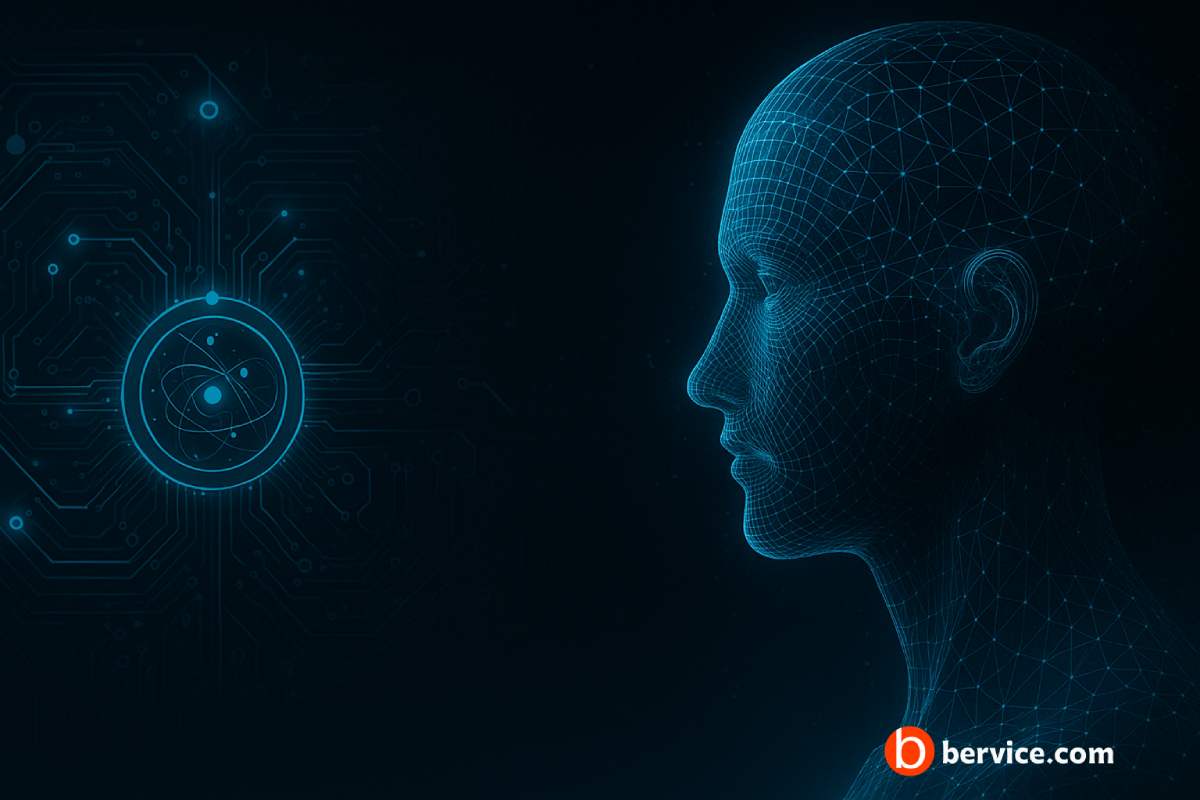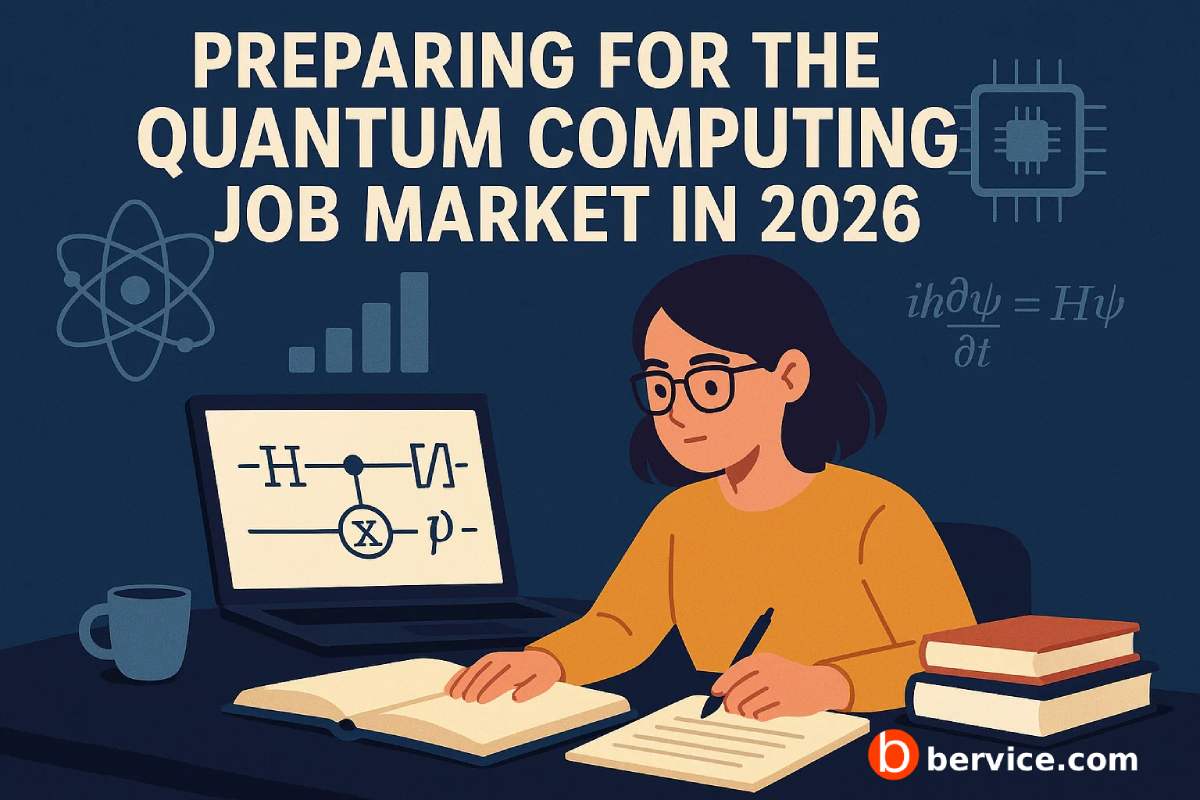
Artificial Intelligence (AI) has made remarkable progress in recent years, largely due to the exponential growth in computational power and the availability of large datasets. However, as AI models—especially deep learning architectures—become more complex, their training demands enormous processing resources, sometimes requiring weeks on powerful GPUs. This has led researchers to explore quantum computing as a potential game-changer in building AI models. But can quantum computers truly help accelerate AI development, or is this still a futuristic vision?
1. The Promise of Quantum Computing for AI
Quantum computers operate on the principles of quantum mechanics, leveraging superposition and entanglement to perform certain calculations exponentially faster than classical computers. In AI, many core tasks—such as matrix multiplication, optimization, and high-dimensional search—can, in theory, be enhanced by quantum algorithms. For example, a quantum algorithm could potentially speed up gradient descent steps or improve kernel methods in machine learning, enabling faster model convergence.
Furthermore, quantum systems can represent and manipulate high-dimensional vector spaces natively, which aligns well with the mathematical foundations of AI models. This could open doors to handling massive datasets and complex neural network architectures without the same scalability bottlenecks that classical systems face.
2. Quantum Machine Learning (QML)
A promising emerging field is Quantum Machine Learning (QML), which blends quantum algorithms with AI methodologies. Examples include:
- Quantum Support Vector Machines (QSVMs) – accelerating classification tasks in high-dimensional spaces.
- Quantum Neural Networks (QNNs) – leveraging quantum circuits to mimic neural network layers.
- Quantum Annealing – solving combinatorial optimization problems, useful in model tuning.
Companies like IBM, Google, and Rigetti are already experimenting with QML frameworks, making them accessible via cloud platforms such as IBM Quantum Experience and Amazon Braket.
3. Practical Challenges Today
Despite the potential, quantum computers are still in the Noisy Intermediate-Scale Quantum (NISQ) era, meaning they are prone to errors and have limited qubit counts. Large-scale AI models like GPT or diffusion models require trillions of operations, which current quantum hardware cannot yet handle reliably. Moreover, translating classical AI algorithms into quantum equivalents is a non-trivial process, requiring entirely new architectures and mathematical formulations.
In the short term, hybrid approaches—where quantum processors handle specific sub-tasks (e.g., optimization or feature extraction) while classical systems manage large-scale computation—are more realistic. This hybrid model is already being tested in industries such as finance, logistics, and drug discovery.
4. The Road Ahead
If quantum hardware continues to advance—improving qubit stability, error correction, and scaling—it could drastically reduce AI training times and unlock new algorithmic capabilities. We might see:
- Exponential speed-ups in training massive models.
- Better AI interpretability through more efficient optimization landscapes.
- Energy-efficient AI as quantum processors could reduce the computational footprint.
Ultimately, while quantum computers are not yet ready to replace GPUs for mainstream AI training, their integration into the AI pipeline could redefine how we design, train, and deploy models in the coming decades.
✅ Conclusion:
Yes, quantum computers have the potential to significantly enhance AI model building, but this will require advances in both quantum hardware and algorithm design. The most promising near-term application lies in hybrid quantum-classical systems, where quantum computing accelerates specific components of the AI workflow.
Connect with us : https://linktr.ee/bervice




